Townhall Times | Questioning America’s Role in the World
Former U.S. President Donald Trump has once again ignited global concern with his controversial remark that he “does not care” about the people dying in Ukraine. This statement, though consistent with his often provocative tone, reflects a troubling shift in America’s global posture. It raises deeper concerns about the ethical compass of U.S. leadership and the broader implications of its foreign policy. For a country long seen as a champion of democratic values and humanitarian aid, such indifference is deeply unsettling.
Historical Context: The Cost of U.S. Foreign Policy
The United States emerged as a dominant global power in the 20th century, often positioning itself as a promoter of peace and democracy. However, its military and political interventions have frequently left behind instability and humanitarian crises.
- Afghanistan (2001–2021): Initiated with the goal of dismantling terrorist networks, the war extended over two decades, leading to hundreds of thousands of deaths and the eventual return of the Taliban to power—undoing much of what was claimed to be achieved.
- Iraq (2003): Launched under the pretext of eliminating weapons of mass destruction and establishing democracy, the U.S. invasion plunged Iraq into chaos, fueled sectarian violence, and contributed to the emergence of extremist groups like ISIS.
- Israel-Palestine: U.S. support for Israel through military and financial aid has remained unwavering, but this policy has often intensified tensions in the region and undermined efforts at sustainable peace.
- Libya and Syria: U.S.-led or supported interventions in these countries have destabilized entire regions, contributing to mass displacement, prolonged conflicts, and refugee crises.
In Bosnia, Latin America, and even parts of Africa, the United States has supported governments or rebel groups in ways that served strategic interests but often led to long-term suffering for local populations. These instances reflect a pattern: while projecting itself as a force for good, America’s interventions have frequently aligned more with its strategic ambitions than with humanitarian goals.
Trump’s Remarks on Ukraine: A Disturbing Perspective
Trump’s dismissive comment on Ukraine’s humanitarian crisis—where thousands have been killed and millions displaced—marks a stark deviation from traditional American diplomatic norms. His rhetoric signals a deep erosion of empathy and global responsibility, particularly alarming coming from a former head of state.
Rather than expressing concern for human suffering, Trump’s words suggest a transactional approach to international affairs. They reinforce the perception that the U.S., under his leadership, prioritizes geopolitical advantage over ethical accountability. This attitude mirrors past instances where American actions have contradicted its stated values.
Tariff Nationalism: Short-Term Gains, Long-Term Costs
Trump’s economic policies, especially his aggressive tariff regime under the “America First” doctrine, reflect a protectionist stance aimed at reshaping trade relationships. While intended to bolster U.S. manufacturing and reduce trade deficits, these moves have strained diplomatic ties and disrupted global supply chains.
- U.S.-China Trade War: Imposing tariffs on hundreds of billions in Chinese goods triggered retaliatory measures and contributed to global economic uncertainty.
- Tensions with Allies: Tariffs on steel and aluminum imports from the EU, Canada, and India strained long-standing partnerships, undermining trust and collaboration.
- Impact on India: India, which has been strengthening economic and strategic ties with the U.S., faced increased duties on key exports. Trade disputes flared during Trump’s tenure, threatening a relationship crucial for Indo-Pacific stability.
Such policies may appeal to domestic constituencies in the short term, but in an interconnected global economy, they risk long-term diplomatic and economic isolation.
Global Implications: A Retreat from Leadership
Trump’s isolationist posture and repeated criticism of multilateral alliances, such as NATO, signal a weakening of the cooperative frameworks that have underpinned global stability since World War II. By questioning America’s commitment to its allies and dismissing humanitarian concerns, Trump has inadvertently encouraged a world order where national self-interest supersedes collective security.
This shift could embolden other nations to similarly disengage from global responsibilities. If influential countries withdraw from addressing transnational challenges—such as climate change, refugee crises, or pandemics—the consequences will be dire, not just for global governance, but for vulnerable populations worldwide.
Conclusion: America at a Crossroads
Donald Trump’s rhetoric and policies have drawn renewed attention to the contradictions within U.S. foreign policy. His comment about Ukraine is not an isolated remark but rather an extension of a worldview that places national interest above humanitarian concerns.
The legacy of American interventionism, often rooted in strategic motives rather than altruistic values, is already complex and contested. Trump’s approach risks deepening global distrust in the U.S. as a reliable and moral leader.
If America hopes to preserve its global influence and rebuild its credibility, it must recommit to international cooperation, ethical diplomacy, and responsible leadership. A failure to do so could signal not only the decline of U.S. soft power but also a more fractured and unstable global order.
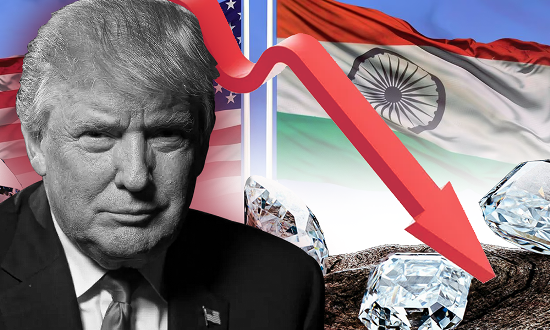

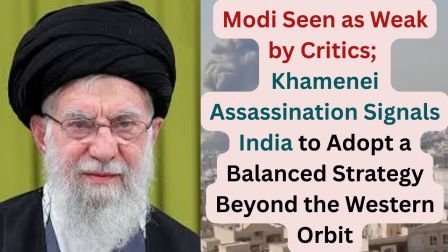


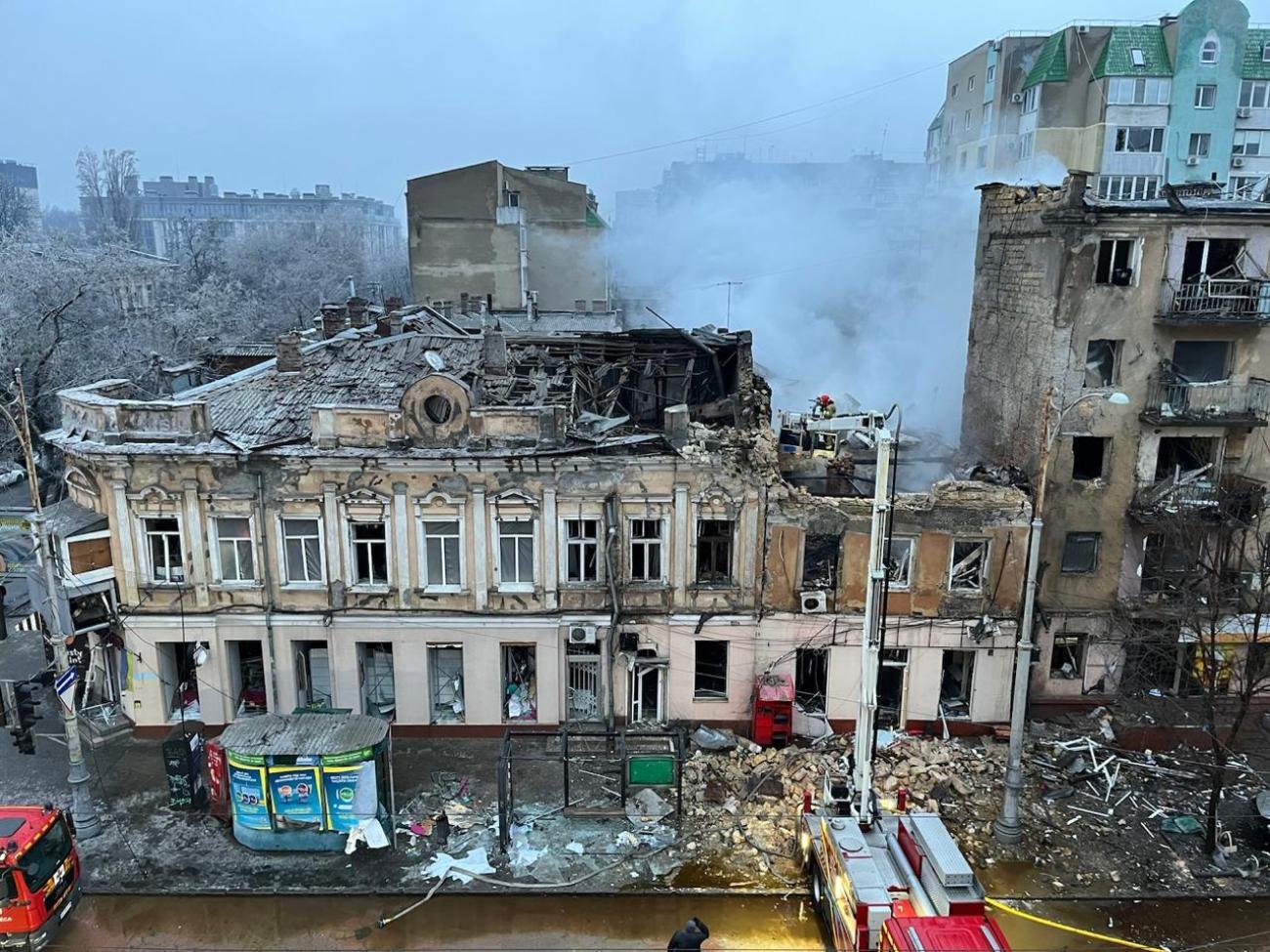



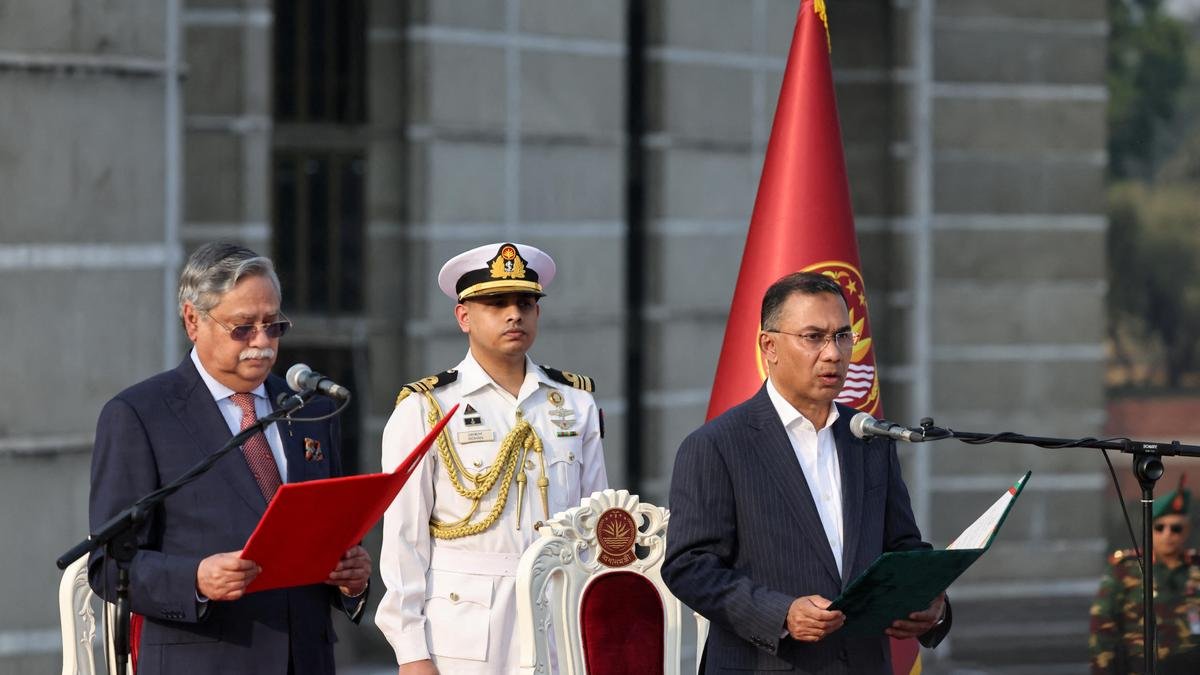

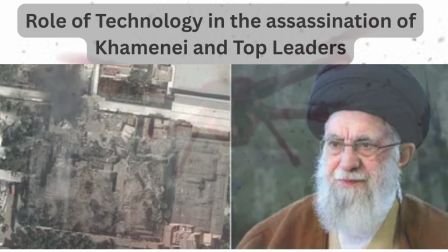
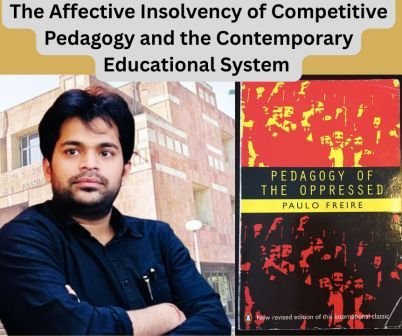
Leave a Reply